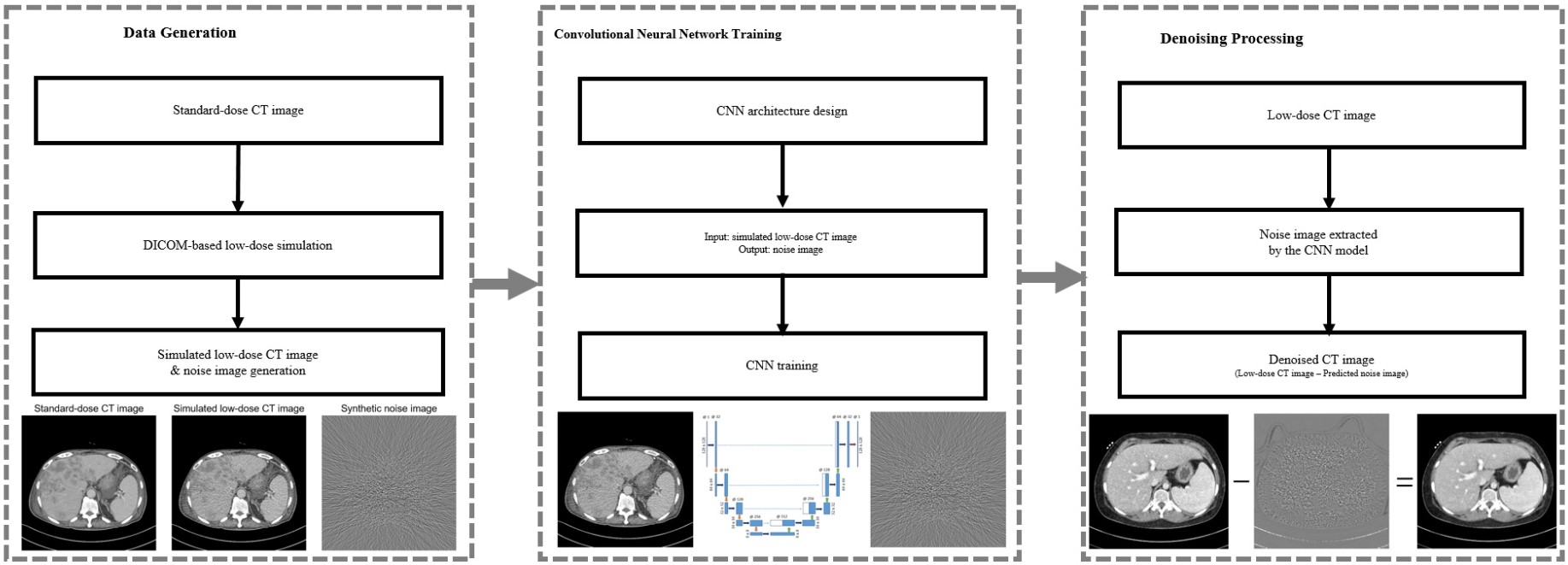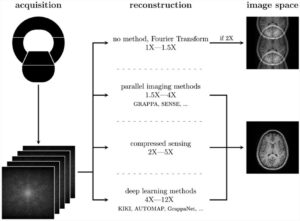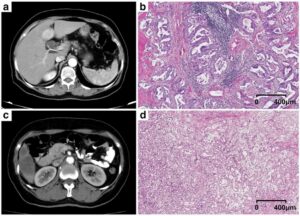The authors of this study aimed to evaluate the image quality of low iodine concentration, dual-energy CT (DECT) combined with a deep learning-based noise reduction technique for pediatric abdominal CT, compared with standard iodine concentration single-energy polychromatic CT (SECT). They were able to determine that low iodine concentration DECT, when combined with deep learning in pediatric abdominal CT, can maintain image quality while reducing the radiation dose and iodine load, compared with standard SECT.
Key points
- An image noise reduction approach combining deep learning and noise-optimized virtual monoenergetic image reconstruction can maintain image quality while reducing radiation dose and iodine load.
- The 60-keV virtual monoenergetic image reconstruction plus deep learning images showed low noise, no difference in contrast-to-noise ratio, and overall image quality, but showed a higher signal-to-noise ratio in the liver and a lower enhancement of lesion than single-energy polychromatic CT.
- This combination could offer a 19.6% reduction in radiation dose and a 14.3% reduction in iodine load, in comparison with a control group that underwent single-energy polychromatic CT with the standard protocol.
Article: Noise reduction approach in pediatric abdominal CT combining deep learning and dual-energy technique
Authors: Seunghyun Lee, Young Hun Choi, Yeon Jin Cho, Seul Bi Lee, Jung-Eun Cheon, Woo Sun Kim, Chul Kyun Ahn & Jong Hyo Kim













